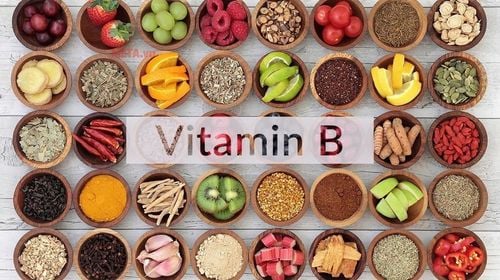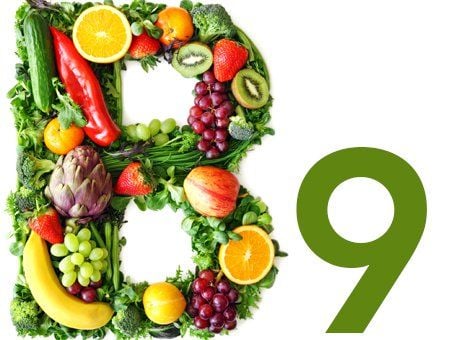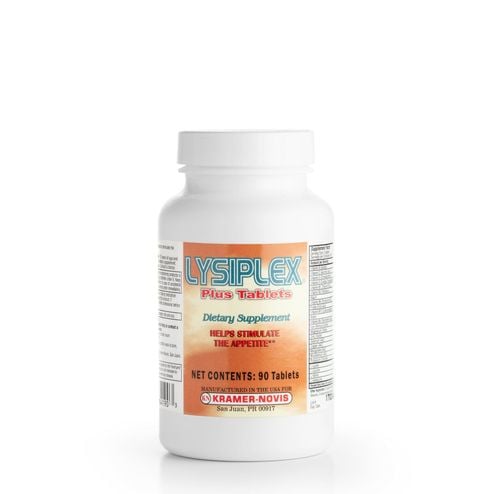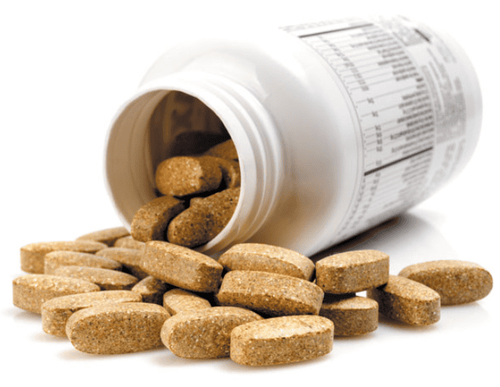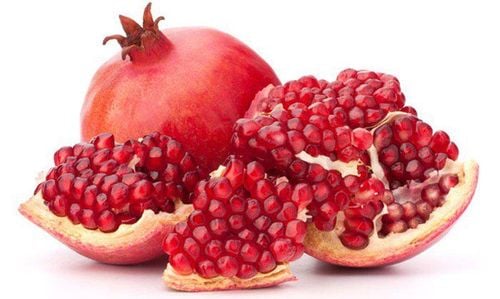This is an automatically translated article.
Good nutrition during pregnancy can help keep you and your baby healthy. Your need for certain nutrients may be higher, such as iron, iodine, and folate, which increase when you are pregnant. A varied diet provides the body with the vitamins and minerals it needs each day. So, is asparagus a food that provides many nutrients and benefits for pregnant women?1. Asparagus
Asparagus, a member of the flowering plant family and related to onions, leeks, and garlic. The shoot, or stem of asparagus, is what we usually eat as a vegetable, and asparagus is green, white, or purple in color depending on the variety.There's a reason why you often see asparagus dishes on the Easter buffet table - it's a spring vegetable, widely available in the United States from about April to July depending on where You live.
Asparagus, an excellent food source of folate, also known as vitamin B9. About half a cup of asparagus can provide adults with 34% of their daily folate needs and pregnant women with 22% of their daily needs.
Folate, an essential nutrient the body needs to help form red blood cells and produce DNA for healthy growth and development. It is especially important in the early stages of pregnancy, especially during the first trimester, to ensure the healthy development of the baby.
Getting the recommended amount of folate from readily available food sources such as asparagus, green leafy vegetables, and fruit may help protect against neural tube-related defects, including neural tube defects. vertebral fracture.
Neural tube defects can lead to a wide range of complications that affect a child's brain development, from learning difficulties to lack of bowel and bladder control to physical disabilities.

Trắc nghiệm: Chế độ dinh dưỡng 3 tháng đầu thai kỳ của mẹ bầu như thế nào?
3 tháng đầu được coi là giai đoạn phát triển quan trọng nhất của thai nhi. Để phát triển toàn diện, thai nhi cần được cung cấp đầy đủ dưỡng chất, đặc biệt là các vi chất cần thiết. Làm bài trắc nghiệm dưới đây sẽ giúp bạn có thêm kiến thức về chế độ dinh dưỡng trong 3 tháng đầu thai kỳ.The following content is prepared under supervision of Bác sĩ chuyên khoa I, Lê Hồng Liên , Sản phụ khoa , Khoa Sản phụ khoa - Bệnh viện Đa khoa Quốc tế Vinmec Central Park
2. Health benefits of asparagus when used for pregnant women
Can pregnant women eat asparagus during the first 3 months of pregnancy? At any stage of life, asparagus is a super healthy vegetable packed with vitamins but with almost no fat or calories. This is true during pregnancy and eating asparagus is good for pregnant women, especially because some of the nutrients in asparagus are especially good for the developing fetus in utero.Here are some benefits of eating the young, green shoots of asparagus during pregnancy:
2.1. Provide Rich Vitamin K Content Vitamin K is important for both mother and baby. Vitamin K helps with blood clotting, which means it can prevent excessive bleeding during labor and delivery (many pregnant women give their babies vitamin K shortly after birth for the same reason).
Asparagus is rich in vitamin K, but it's important to know that it doesn't accumulate or stay in your body for long, so it's best to add some in your daily diet if you want to get it. benefits of this vitamin.
2.2. Provides Folate Folate, one of the essential nutrients for pregnant women. It is important for the development of the baby's neural tube. Getting enough folate, found naturally in foods, or folic acid (its synthetic form), especially during early pregnancy, helps reduce your baby's risk of having a neural tube disorder like cleft palate. vertebrae.
Just half a cup of asparagus contains 134 micrograms of folate, or about 34% of the daily recommended value.
2.3. Provides Calcium In that half cup of asparagus, you'll take in more than 20 milligrams of calcium. While this isn't a huge amount, every little bit counts, especially since it can help keep your bones and your unborn baby healthy.
2.4. Provide fiber Asparagus is rich in soluble fiber, which helps push your stools out and helps you have regular bowel movements. Since constipation is a common complaint during pregnancy, adding asparagus to your regular diet can help you avoid some common preventative measures.

3. Side effects of eating too much asparagus
There are no known side effects of eating too much asparagus, but they can be a bit annoying while you're pregnant. Because asparagus is high in fiber, as well as an enzyme called raffinose, it can make you really upset (like when you eat broccoli, cabbage, or cauliflower). If you're experiencing pregnancy-related discharge, the discomfort that asparagus causes you may not be worth its health benefits.Also, asparagus makes your urine smelly. The sulfuric acid in this vegetable turns into a foul-smelling gas when your body metabolizes it. When you urinate after digesting asparagus, you will usually notice a very strong odor. If you feel nauseous because of pregnancy hormones, you can skip this vegetable until you can handle the strong smell more easily.
4. It is safe to use asparagus for pregnant women
Asparagus is 100% safe to eat during pregnancy and helps support a healthy pregnancy. However, there are a few reasons why you might not want to overdo it during pregnancy. As for breastfeeding, there are a few things to consider:Eating a lot of asparagus can affect the taste of breast milk. That shouldn't be a problem, but the baby may not be a fan. If you notice they are less interested in feeding after you chop the asparagus, you may need to limit your intake in the future. Eating a lot of asparagus while breastfeeding can make your baby gassy. Some believe that gas-producing foods can also cause gas in your nursing baby, but others say that breast milk cannot "pass" gas to your baby. It is best to observe if your baby gets gas after you eat asparagus. If so, cut back.
5. What are the risks of eating asparagus?
Since asparagus is related to onions, leeks, garlic, and chives, you should avoid it if you are allergic to any of those foods. The only thing you need to keep in mind is that asparagus should be washed very well before eating while pregnant. Of course, this is true for all raw vegetables, but for asparagus this is more important than for cucumbers.The tiny tips of asparagus stalks can be a good environment for bacteria that can cause listeria infections (as well as bacteria from other parasites, pathogens, and fungi), so, You should wash the stalk before eating.
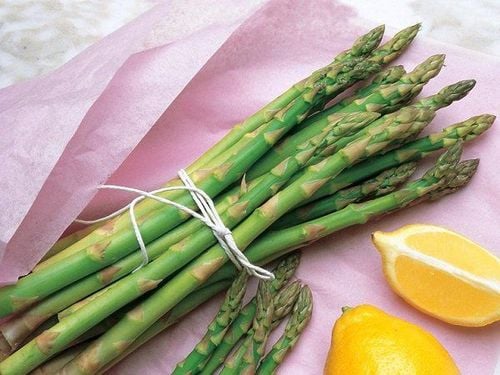
6. How to prepare asparagus
After you've washed asparagus, you can either eat it raw (as in a salad) or cook it by steaming, roasting, baking, or grilling. Since the bottom of the stem can be tough and bitter, you will have to remove it. Trim off the bottom half inch with a knife or trim the bottom by bending the asparagus bud between your hands until it snaps.The easiest way to make delicious asparagus is to saute it with a little olive oil, sea salt and lemon, but you can make as delicious as you want. Add it to pasta dishes, soups and omelets; throw it on the grill in a foil package; or mix it with your favorite stir-fry ingredients.
When asparagus is properly cleaned, stored and prepared, it is 100% safe to eat during pregnancy and lactation. You may experience a few minor side effects if you eat a lot, but none of these side effects are harmful to you or your baby. As long as you can tolerate it, eat as many asparagus as you like. This is a vegetable rich in folate and vitamins that can keep you and your baby healthy.
If you have any questions related to the topic of nutrition for the body that need advice from a doctor, you can leave your question in the ASK VINMEC DOCTOR section directly on the hospital website. Your question will be sent to the doctor and you will receive a consultation as soon as possible!
Please dial HOTLINE for more information or register for an appointment HERE. Download MyVinmec app to make appointments faster and to manage your bookings easily.
References: medicalnewstoday.com, healthline.com, betterhealth.vic.gov.au




